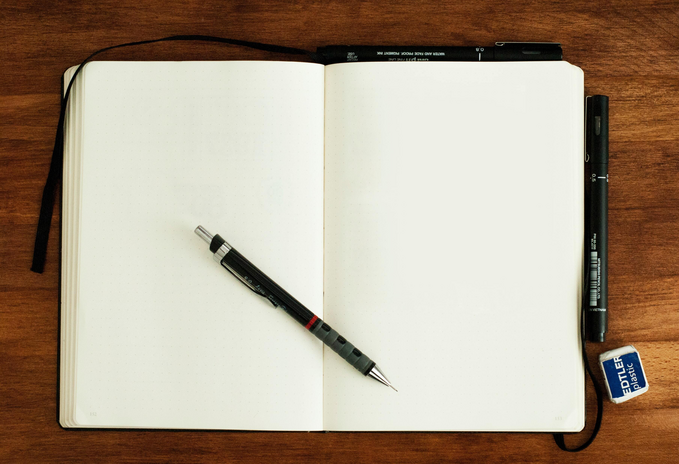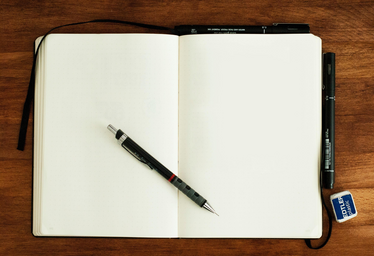Filipino journalist, Maria Ressa, was 1 of 2 to win the Nobel Peace Prize of 2021—making her the first Nobel Laureate from the Philippines. She shared the award with Russian journalist, Dmitry Muratov, who, similarly to Ressa, uses his platform to protect the freedoms of expression and speech in his country under challenging conditions.
Ressa was honored for safeguarding the freedom of expression, which is a “precondition for democracy and lasting peace” (The Nobel Peace Prize 2021). Aside from this award, Ressa has also been named Time Magazine’s 2018 Person of the Year, as well as one of Time Magazine’s Most Influential Women of the Century. She has been awarded numerous times by other organizations including BBC, Prospect Magazine, and UNESCO, and has also received journalism specific honors such as the Golden Pen of Freedom Award from the World Association of Newspapers and News Publishers, and the Free Media Pioneer Award from the International Press Institute.
Ressa grew up in the United States, but was born in the Philippines. She returned there in 1986 to work for the government station and head their special projects. The next year, she began working for CNN, which is what she is predominantly known for. She directed and produced Probe, the Philippines’ first running investigative news magazine. Her investigative work continued as she spent time investigating terrorism in Southeast Asia. Furthermore, she wrote Seeds of Terror: An Eyewitness Account of al-Qaeda’s Newest Center of Operations in Southeast Asia, and, From Bin Laden to Facebook: 10 Days of Abduction, 10 Years of Terrorism.
She then opened and ran CNN’s Manila Bureau for years, until she moved to Indonesia and opened its Jakarta branch. She co-founded Rappler, an online news site, with a small team of female journalists and developers. Rappler evolved into one of the first multimedia news websites in the Philippines as well as one of the most major news outlets in the Philippines. The site has progressed to win local and international awards.
As of late, however, Ressa has been facing legal issues in regards to Rappler’s critical reports of Rodrigo Duterte, the current president of the Philippines. In response, Ressa has shown resilience as she has throughout her career by stating, “I have covered this country since 1986, I’ve never been the news but the only reason I’ve become the news is because I refuse to be stamped down, I refuse to stop doing my job the way I should. I think rule of law is critical for any democracy because if you don’t have rule of law then it is a hop, skip and a jump to fascism, because then whoever is in power decides who lives and who dies, literally” (Westcott, B.). It is this determination and strength she exhibits that won her the Nobel Peace Prize of the year.
References
1. The Nobel Peace Prize 2021. NobelPrize.org. (n.d.). Retrieved October 30, 2021, from https://www.nobelprize.org/prizes/peace/2021/press-release/.
2. Westcott, B. (2021, October 8). Nobel winner Maria Ressa: ‘I refuse to be stamped down’. CNN. Retrieved October 28, 2021, from https://www.cnn.com/2021/10/08/media/maria-ressa-nobel-peace-prize-interview-intl/index.html.


